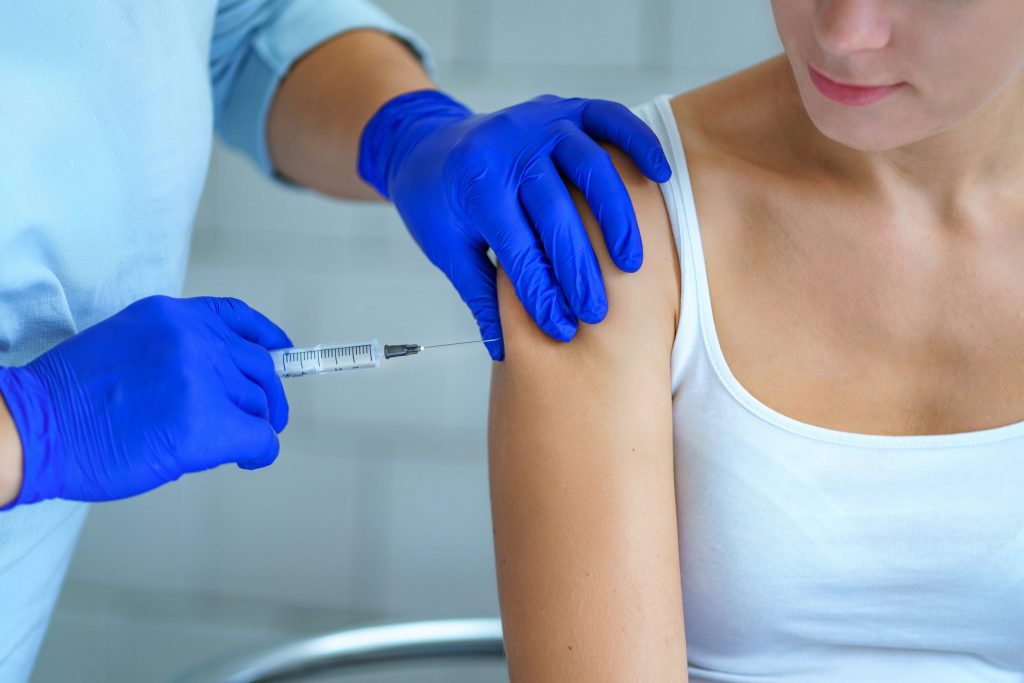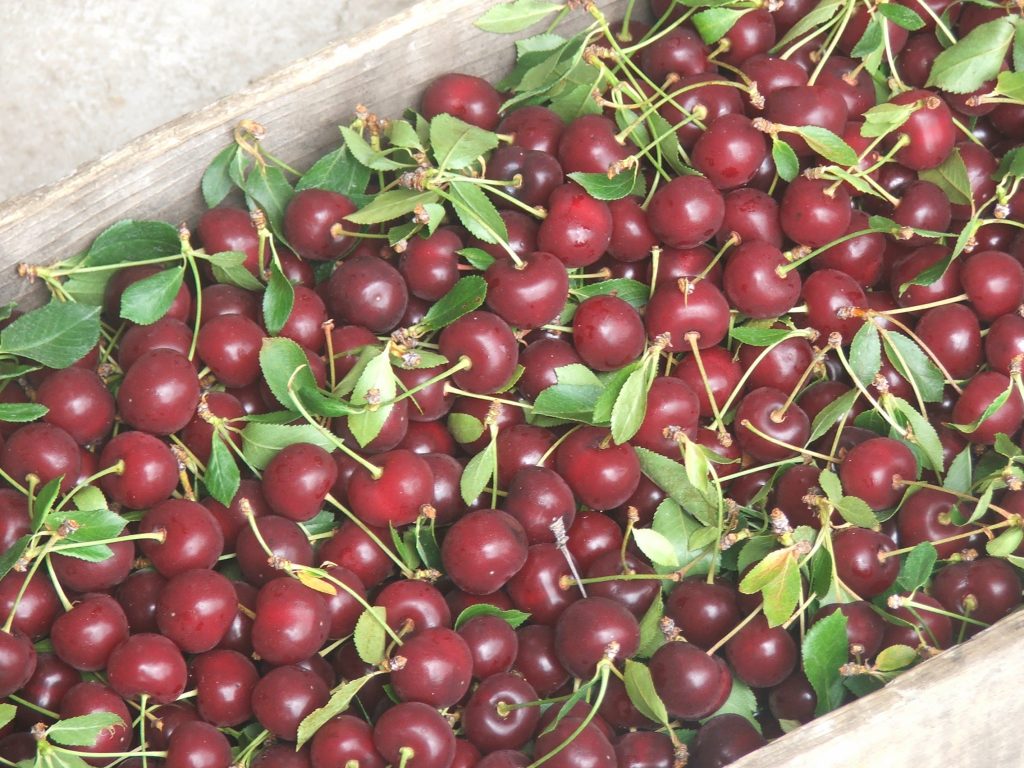Lower Your Blood Pressure and Cholesterol, Boost Your Immune System
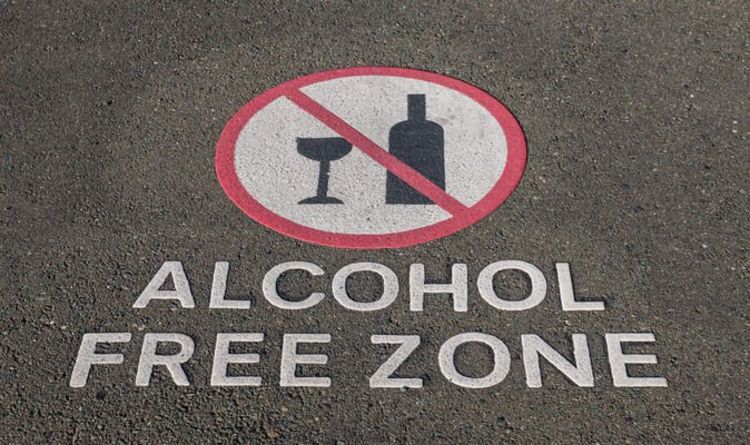
|
This article was updated on 01/09/21.
Ads we feature have been independently selected and reviewed. If you make a purchase using the links included, we may earn commission, which helps support the site.
Were you one of the ones that woke up on the first morning of the new year and made a New Years resolution to quit drinking alcohol? You’re not alone. It is most likely the one day of the year that the greatest number of people pledge to embrace sobriety. Now you’re wondering what changes you will go through along your new lifestyle path. As with any habit or addiction, it varies from person to person but there are some concepts that are generally accepted.
But ask yourself, is going it cold turkey for you? That is a personal decision and a judgement call only you can make after stripping away all the protective (and most often misleading) internal dialogs. Many people find that they can eliminate alcohol cravings with the euphoric mood that using legal CBD Delta 8 (products infused with hemp THC or HCC) brings to the table. Use VIDA10 for 10% off first order of Vida Optima brand products.

How Sobriety Changes Your Body
WebMD.com says that if you are used to drinking anything more than one drink per day, “cutting back or quitting may lower your blood pressure, levels of fat called triglycerides, and chances of heart failure. Heavy drinking — at least 15 drinks for men and eight or more for women a week — can take a toll on the organ [liver] and lead to fatty liver, cirrhosis, and other problems. The good news: your liver can repair itself and even regenerate.”1
Whether losing weight, with intermittent fasting or some other method, was part of your impetus or not, that’s another nice side effect for a variety of reasons. Ditching alcohol means ditching empty calories. Also, since alcohol ramps up your ravenous appetite, you can easier resist impulsive overeating. Liquor also makes you more impulsive, and makes you lose your inhibitions so you are less able to resist the extra fries.
Alcohol and Your Immune System
Any alcohol consumption affects your immune system negatively, and the more you drink, the worse it gets. The US National Library of Medicine/National Institutes of Health Search says, “Clinicians have long observed an association between excessive alcohol consumption and adverse immune-related health effects such as susceptibility to pneumonia. This issue of Alcohol Research: Current Reviews (ARCR) summarizes the evidence that alcohol disrupts immune pathways in complex and seemingly paradoxical ways. These disruptions can impair the body’s ability to defend against infection, contribute to organ damage associated with alcohol consumption, and impede recovery from tissue injury.”2 And as we now know, many COVID-19 deaths are related to or precipitated by pneumonia.
Alcohol also alters the numbers of microbes in your microbiome and the structure and integrity of your gut are altered with alcohol intake. This is comprised mainly of your prebiotics, probiotics, and synbiotics.
When you stop consuming alcohol, you start rebuilding your microbiome. There’s no way to know how much time is needed to rebuild your gut, of course, since each person’s microbiome is unique — but eating a diet that is high in fiber (such as fruits, vegetables, beans and whole grains) along with probiotic foods (yogurt and kimchi) can help you on your path to getting your gut healthy again.
Changes to Your Brain
There are known physical consequences resulting from heavy alcohol use. Two examples are liver damage and high blood pressure. Alcohol use at any level, however, also has its down side for your brain. It causes mental fog, anxiety, loneliness, and mood changes. Once you wean yourself off the bottle, your brain can begin the healing process and restore your brain’s natural function.
Your brain’s frontal lobe is responsible for a number of critical functions including reasoning, behavior control, memory, and motor function. The lobe takes a heavy hit when you drink to excess. Renewal Lodge has some good news though. They say, “Rational decision making and impulse control are crucial in fighting addiction, and luckily these powerful functions of the brain will return as you begin to heal.”3
Another thing that indulgence in spirits does is to create a complex imbalance of dopamine in your brain. A release of dopamine happens when you are involved in activities that you find pleasurable, such as eating candy, drinking coffee, or playing sports, and it teaches your brain what actions to repeat, and eventually, to crave. Insidious, yes?
Alcohol use overwhelms your brain with dopamine but it also reduces your brain’s dopamine receptors at the same time. When at first you stop drinking, the absence of dopamine along with diminished receptors may lead to feelings of sadness and hopelessness. The good news is that over time your brain will begin to normalize the dopamine levels as well as your brain’s response to it without the presence of alcohol.
An Experiment of One
Doing the research for this article, it all sounded fascinating. The fact that we are all so different means that these effects of going sober should be highly individualized. I decided to throw my hat into the arena as a test subject. I will be reporting on a weekly basis.
A couple of things to mention here; whether they matter or not I do not know but I’ll throw them out there. I am taking Lisinopril, an ACE inhibitor, and a diuretic, to control high blood pressure. Also, I have been doing intermittent fasting for about three months now
- Week One. The first thing I noticed was having a hard time getting sleepy in the evenings. Even after a couple servings of camomile tea and a melatonin supplement, I didn’t feel ready to go to bed until midnight. Even at that, it took an hour or so to drift off. My dreams were very vivid and indulging in a bit of lucid dreaming way fun. In the mornings I was very groggy. Where’s my espresso?
- Week Two. I’m still having a hard time getting to that sleepy state in the evenings. The good thing is that when I do lay down, I fall asleep very quickly, not so much “chattering monkey” in my head keeping me awake. I have more energy during the day.
- Week Three. I’m getting sleepy earlier, going to bed earlier, and falling asleep faster. My Garmin GPS watch also monitors my sleep. I used to always register more “light sleep” than “deep sleep” but now that has reversed. Dreams are still fun. In addition to no alcohol, I’m using my blue-light blocking glasses at the computer consistently (Blue-light messes with your natural melatonin, and so, your sleep cycle).
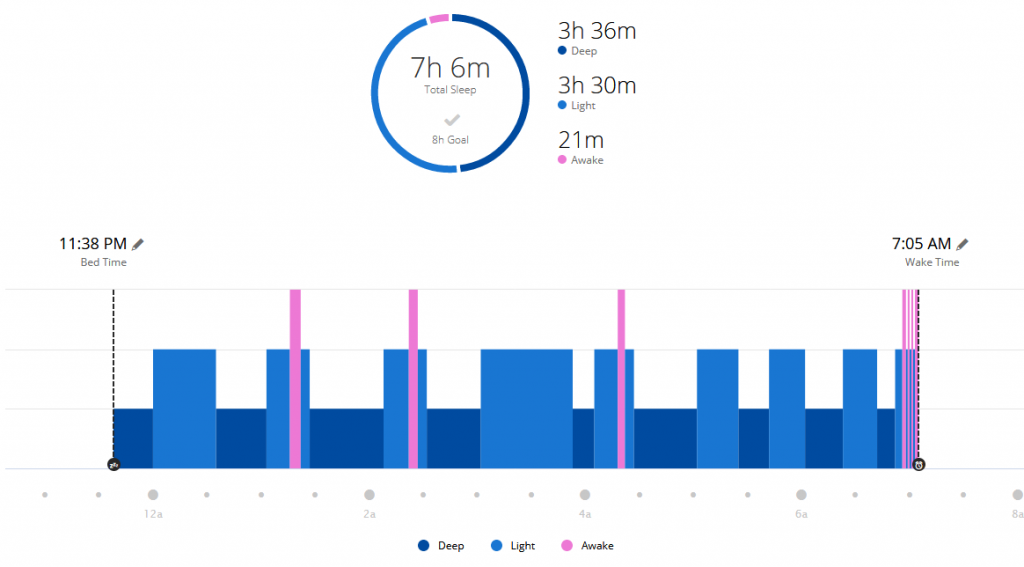
- Week Four. Sleep is now stabilized and I have more energy during the day. I’ve lost 5 pounds, a bit more than 1 per week! My energy level has been increasing steadily. I’m back to my stretching routine twice a day and I’m averaging 22,000 steps per day. 4 to 7 miles of that is walking my black-mouth cur, Frankie. That’s him in my author bio below. My average resting heart rate is 70. My VO2 Max has gone from 27 ml/kg/min to 28 ml/kg/min. This is the maximum amount of oxygen you can utilize during exercise. It’s commonly used to test aerobic endurance or cardiovascular fitness. So, an upward trend. That’s a good thing. All this is just more data I’m getting from my Garmin GPS watch. For anyone who likes to track and analyze dieting or fitness progress, an instrument like this is essential to gain an insight on what is working and what areas you need to work on.
I’m looking forward to seeing what happens during week five after I quit drinking alcohol. Check back.
You Will Also be Interested In
- Top New Year’s Resolutions; Path to Success
- How to Stop Overeating
- How to Lower High Blood Pressure Naturally
- Loneliness as an Effect of the COVID-19 Pandemic
- People Experiencing Coronavirus Pandemic Dreams Should Learn Lucid Dreaming
- Why Pandemics Like COVID-19, or Coronavirus Persist
- Prebiotics, Probiotics, and Synbiotics; What Does It All Mean?
- Intermittent Fasting Mistakes
References
- WebMD.com, What Happens to Your Body When You Stop Drinking Alcohol, https://www.webmd.com/mental-health/addiction/ss/slideshow-quit-alcohol-effects
- Dipak Sarkar, M. Katherine Jung, H. Joe Wang, Alcohol and the Immune System, The US National Library of Medicine/National Institutes of Health Search, Alcohol and the Immune System, https://www.ncbi.nlm.nih.gov/pmc/articles/PMC4590612/
- Renewal Lodge, 5 Ways Quitting Drinking Affects Your Brain, https://www.renewallodge.com/5-ways-quitting-drinking-affects-your-brain/
Looking for more great content? Visit our main page or partner sites:
I offer article and blog-writing services. Interested? Contact me for a quote!
Did you find this article helpful? Millions of readers rely on information on this blog and our main site to stay informed and find meaningful solutions. Please chip in as little as $3 to keep this site free for all.




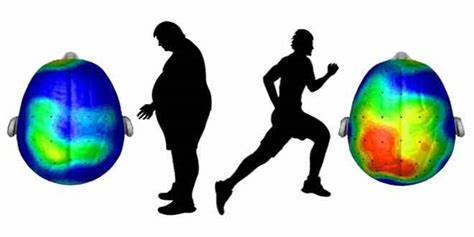

 Kelly R. Smith is an Air Force veteran and was a commercial carpenter for 20 years before returning to night school at the University of Houston where he earned a Bachelor’s Degree in Computer Science. After working at NASA for a few years, he went on to develop software for the transportation, financial, and energy-trading industries. He has been writing, in one capacity or another, since he could hold a pencil. As a freelance writer now, he specializes in producing articles and blog content for a variety of clients. His personal blog is at
Kelly R. Smith is an Air Force veteran and was a commercial carpenter for 20 years before returning to night school at the University of Houston where he earned a Bachelor’s Degree in Computer Science. After working at NASA for a few years, he went on to develop software for the transportation, financial, and energy-trading industries. He has been writing, in one capacity or another, since he could hold a pencil. As a freelance writer now, he specializes in producing articles and blog content for a variety of clients. His personal blog is at 